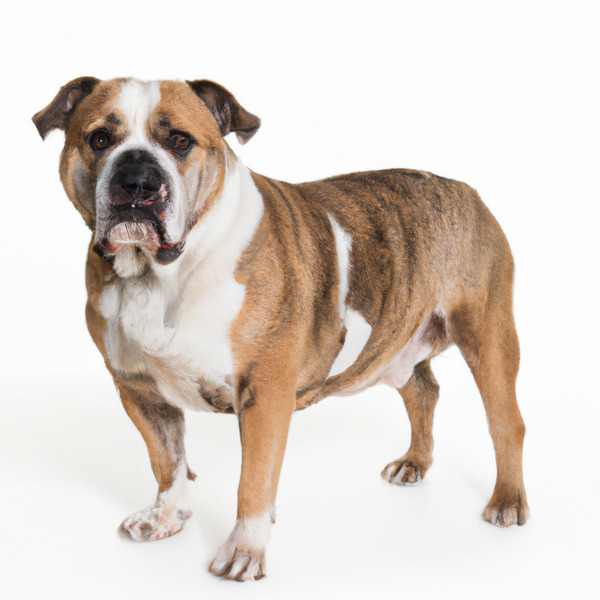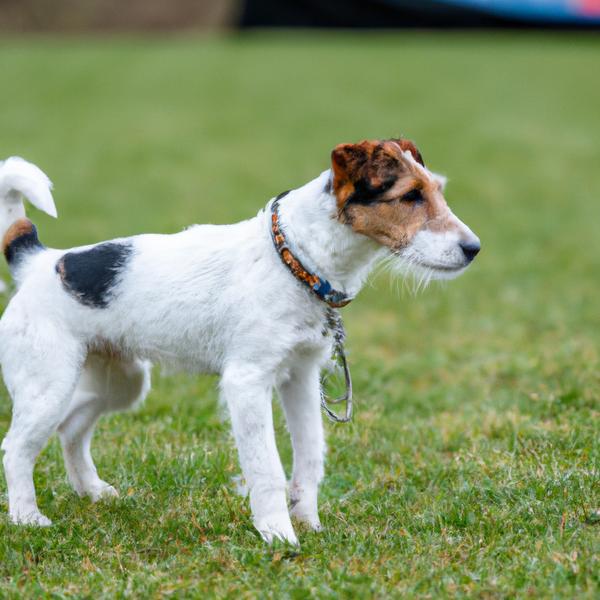Olde English Bulldogge vs. Parson Russell Terrier: Breed Differences and Similarities
Weight Gain Potential
Which breed eats more: Olde English Bulldogge or Parson Russell Terrier?
Olde English Bulldogge has high obesity risk, needs regular exercise and food control to maintain healthy weight.
Parson Russell Terrier has low obesity risk, but needs exercise and food monitoring for optimal health.
Hypoallergenic
Are Olde English Bulldogges or Parson Russell Terriers hypoallergenic, or neither?
Unfortunately, neither Olde English Bulldogge nor Parson Russell Terrier are hypoallergenic, which may not make them the best choice for dog lovers who suffer from pet allergies.
Temperament
What are the personalities of Olde English Bulldogge and Parson Russell Terrier dogs?
Alert
Courageous
Friendly
Confident
Loving
Strong
Energetic
Eager
Intelligent
Bold
Happy
Obedient
Shedding Level
Do Olde English Bulldogges shed more than Parson Russell Terriers, or which breed sheds more, Olde English Bulldogges or Parson Russell Terriers?
Olde English Bulldogge or Parson Russell Terrier dogs are not heavy shedders, but they will lose a significant amount of hair each year. To decrease the amount of shedding, you can regularly brush your Olde English Bulldogge or Parson Russell Terrier. This will remove loose hair and keep their coat growing in the same direction.
Watchdog Ability
Which dog breed makes a better watchdog, the Olde English Bulldogge or Parson Russell Terrier?
Olde English Bulldogges make excellent watchdogs - they're vocal and protective of their territory.
Parson Russell Terriers are decent watchdogs - they'll alert their owner if something seems amiss.
Origin
What is the origin of Olde English Bulldogge and Parson Russell Terrier dog breeds?
United States
England
Ancestry
What are the origins of Olde English Bulldogge and Parson Russell Terrier breeds?
English Bulldog, American Bulldog, American Pit Bull Terrier, Bull Mastiff
Jack Russell Terrier
Date of Birth
When were Olde English Bulldogge and Parson Russell Terrier breeds first developed?
1971
1900s
Breed Group
What is the Breed Group of Olde English Bulldogge and Parson Russell Terrier?
Guardian Dog (UKC)
Terrier (AKC:1997 & UKC)
Eye Color Possibilites
What are the eye colors of Olde English Bulldogge and Parson Russell Terrier dogs?
Brown
Amber
Brown
Nose Color Possibilites
What are the natural nose colors of Olde English Bulldogge and Parson Russell Terrier?
Black
Black
Coat Color Possibilites
What are the natural colors of the coat for Olde English Bulldogge and Parson Russell Terrier breeds?
Brindle
Gray
Fawn
Red
Brown
Pied
White
Coat Length
What is the typical coat length for Olde English Bulldogge and Parson Russell Terrier breeds?
The coat of Olde English Bulldogge and Parson Russell Terrier dogs ranges in length from short to medium.
Coat Density
What is the density of the coat of Olde English Bulldogge and Parson Russell Terrier?
Coat Texture
What is the hair texture of Olde English Bulldogge and Parson Russell Terrier?
Straight
Wiry
Litter Size
What is the usual litter size for Olde English Bulldogge and Parson Russell Terrier?
An Olde English Bulldogge can have a litter of 11-13 puppies on average. However, it's worth noting that the size of the litters can vary greatly. Factors that can influence litter size include the health of the mother, breeding history, and genetics.
A Parson Russell Terrier can have a litter of 13-15 puppies on average. However, it's worth noting that the size of the litters can vary greatly. Factors that can influence litter size include the health of the mother, breeding history, and genetics.
Adaptability
Olde English Bulldogge and Parson Russell Terriers are known for their adaptability and versatility. They are capable of adapting well to a wide range of lifestyle changes and living environments, making them great companions for families and individuals of all lifestyles.
Health Issues
Between Olde English Bulldogge and Parson Russell Terrier, which breed is more prone to health problems?
Olde English Bulldogge and Parson Russell Terrier breeds are generally considered to be healthy. However, like all breeds, they are susceptible to certain health issues and it is important to keep an eye out for them and address them with your veterinarian as needed.
Major Concerns
What are the major health concerns for Olde English Bulldogge and Parson Russell Terrier breeds?
Bloat
Cerebellar Ataxia
Minor Concerns
What minor health issues should be kept in mind when owning Olde English Bulldogge and Parson Russell Terrier?
Hip Dysplasia
Patellar Luxation
Myasthenia Gravis
Eye Conditions (Cataracts, Lens Luxation)
Occasional Tests
What occasional tests are recommended for Olde English Bulldogge and Parson Russell Terrier breeds?
X-Rays
Physical Examination
BAER Testing
Neurological Examination
X-rays or other radiographic imaging
Eye and Ear Examination
Energy
How do the energy levels of Olde English Bulldogges and Parson Russell Terriers compare?
Olde English Bulldogges are a good choice for a low-key lifestyle due to their low energy levels.
Parson Russell Terriers thrive on an active lifestyle due to their high-energy nature.
Social Needs
Olde English Bulldogge vs Parson Russell Terrier social needs comparison
Olde English Bulldogge has above average social needs and thrives with interaction with humans and other dogs.
Parson Russell Terrier has average social needs and is less independent than other breeds.
Exercise Needed
Olde English Bulldogge vs Parson Russell Terrier exercise need comparison.
Olde English Bulldogges need only a small amount of physical activity, ideal for busy or elderly people or those with limited space.
Parson Russell Terriers need high physical activity and are ideal for active individuals, but not suitable for sedentary lifestyles or small apartments.
Sleeping Need
Which of the two sleeps the most/least: Olde English Bulldogge or Parson Russell Terrier?
Olde English Bulldogges are known for their relaxed and calm nature and enjoy long periods of sleep.
Parson Russell Terriers are active and require sufficient sleep to stay healthy.
Drooling Tendency
Which drools more/less, Olde English Bulldogge or Parson Russell Terrier?
Olde English Bulldogge excessively drools, consider a different breed if not appealing.
Parson Russell Terrier has low drooling tendency, suitable for those who dislike drool marks.
Tendency to Bark
Do Olde English Bulldogges or Parson Russell Terriers bark more/less frequently?
Olde English Bulldogges are typically quiet and only bark when needed, such as to alert their owner or when in distress.
Parson Russell Terrier dogs bark and howl frequently and are not recommended for quiet homes.
Territorial
Is the Olde English Bulldogge or Parson Russell Terrier a better guard dog?
These breeds are known for being extremely protective and make excellent guard dogs. They possess a strong instinct to defend their territory and owners and have a high level of vigilance and alertness.
Mouthiness
Mouthiness Comparison: Olde English Bulldogge vs Parson Russell Terrier?
Roaming urge
Olde English Bulldogge vs Labrador: Running away tendency?
Prey Drive
Olde English Bulldogge or Parson Russell Terrier - which breed has a higher level of prey drive?
Activity Level
Which breed has higher energy, Olde English Bulldogges or Parson Russell Terriers?
Olde English Bulldogges are medium-energy dogs and typically enjoy socializing and playing casual or even sustained games of chase with other dogs. They may also have occasional periods of barking or racing around the house.
Parson Russell Terriers are high-energy dogs. They need mental as well as physical exercise. These dogs require a lot of your involvement and without it they can, and will, become problematic dogs.
Tolerance of being left alone
Walks per Week
How many miles should Olde English Bulldogge or Parson Russell Terrier walk each week?
Olde English Bulldogge and Parson Russell Terrier generally need a minimum of 14 miles of walking per week, but it can be increased as long as they are comfortable with it.
Activity per Day
Do Olde English Bulldogges or Parson Russell Terriers require more exercise?
In general most Olde English Bulldogges usually need at least 45 minutes of exercise daily. This can be spread across the day and include all sorts of high-energy activities, like walking, running and playing.
In general most Parson Russell Terriers usually need at least 75 minutes of exercise daily. This can be spread across the day and include all sorts of high-energy activities, like walking, running and playing.
Grooming
Which breed is easier to maintain in terms of grooming, Olde English Bulldogges or Parson Russell Terriers?
The Olde English Bulldogge is a low-maintenance breed that doesn't require much grooming.
The Parson Russell Terrier has low grooming needs and is easy to maintain.
Brushing Frequency
What is the recommended brushing frequency for Olde English Bulldogge and Parson Russell Terrier dogs?
Olde English Bulldogge and Parson Russell Terrier should be brushed at least once a week. Of course, you can give them more frequent brushes if you find that they are still shedding a lot.
Brushing Tools
What brushing tools are used for Olde English Bulldogges and Parson Russell Terriers?
Slicker Brush
Nail Clipper
Pin Brush
Slicker Brush
Comb
Nail Clipper
Cups
How much food should be given to Olde English Bulldogge or Parson Russell Terrier in cups?
For an average 60-80 pound (27 - 36 kg) Olde English Bulldogge feed 3 cups daily. But, keep in mind, the amount you feed is going to be dependent on the quality of the food you are feeding.
For an average 13-17 pound (6 - 8 kg) Parson Russell Terrier feed 1 cups daily. But, keep in mind, the amount you feed is going to be dependent on the quality of the food you are feeding.
Daily Cost
Which breed has a higher daily cost, Olde English Bulldogge or Parson Russell Terrier?
The average cost of an Olde English Bulldogge is somewhere $2.10 - $2.80 per day.
The average cost of a Parson Russell Terrier is somewhere $1.30 - $1.40 per day.
Monthly Cost
Which breed has a higher monthly cost, Olde English Bulldogge or Parson Russell Terrier?
The average per month expenses of an Olde English Bulldogge is between $63 - $84. This makes an average of $756 - $1008 per year. It will be on the higher side when the dog is still small because it will need more frequent visits to the vet, shots.
The average per month expenses of a Parson Russell Terrier is between $35 - $42. This makes an average of $420 - $504 per year. It will be on the higher side when the dog is still small because it will need more frequent visits to the vet, shots.
Intelligence
Comparing Intelligence: Olde English Bulldogges vs Parson Russell Terriers
Olde English Bulldogges are average in obedience intelligence but have a high IQ and may cause trouble if left unsupervised.
Parson Russell Terrier has below average obedience intelligence, but they excel in understanding human emotions.
Sensitivity Level
How do Olde English Bulldogge and Parson Russell Terrier compare in sensitivity?
This breed is sensitive and requires gentle handling and a calm home environment.
Parson Russell Terriers have average emotions and adapt well to different situations.
Affection Dependance
Which is the more affectionate dog breed: Olde English Bulldogge vs Parson Russell Terrier?
Apartment Friendly
Which breed is more apartment-friendly: Olde English Bulldogge or Parson Russell Terrier?
Olde English Bulldogges make excellent apartment dogs, being fairly active indoors and not requiring a yard.
Parson Russell Terriers are good apartment dogs as long as they get enough exercise and stimulation outside of the apartment.
Child Friendly
Do Olde English Bulldogges or Parson Russell Terriers have a friendlier temperament towards children?
Olde English Bulldogge and Parson Russell Terrier are kid-friendly dogs. They are good with children and excellent dogs with children if they are socialized and trained at a young age.
Senior-friendly
Which dog is more suitable as a pet for the elderly - Olde English Bulldogge or Parson Russell Terrier?
Cat Friendly
Do Olde English Bulldogge or Parson Russell Terrier breeds have a better compatibility with cats?
Olde English Bulldogges are average in their friendliness toward cats and tend to do well with them, especially if raised together.
Parson Russell Terriers are not cat friendly.
Dog Friendly
Which breed is more sociable with other dogs: Olde English Bulldogge or Parson Russell Terrier?
Olde English Bulldogges are average in their friendliness towards other dogs, and socialization can help.
Parson Russell Terriers are not dog-friendly.
Pet friendly
How do Olde English Bulldogge or Parson Russell Terrier dogs interact with other pets?
Stranger Friendly
Which breed is more friendly with strangers: Olde English Bulldogge or Parson Russell Terrier?
Olde English Bulldogge and Parson Russell Terrier are average friendly around strangers. They can be wary around strangers and a little standoffish, so early socialization is key to ensure they are comfortable around new people.
Playfulness
Which breed is more playful between Olde English Bulldogge and Parson Russell Terrier?
Olde English Bulldogges are not known for being a highly playful breed.
Parson Russell Terriers are very playful, so adopting an older one might be a better option for a more relaxed experience.
Trainability
How do the trainability levels of Olde English Bulldogges and Parson Russell Terriers compare?
Olde English Bulldogges may require more time and patience to learn commands, but with consistency, they can be trained.
Parson Russell Terriers are usually easy to train but require consistency to fully obey commands.
Compare Olde English Bulldogge with other breeds
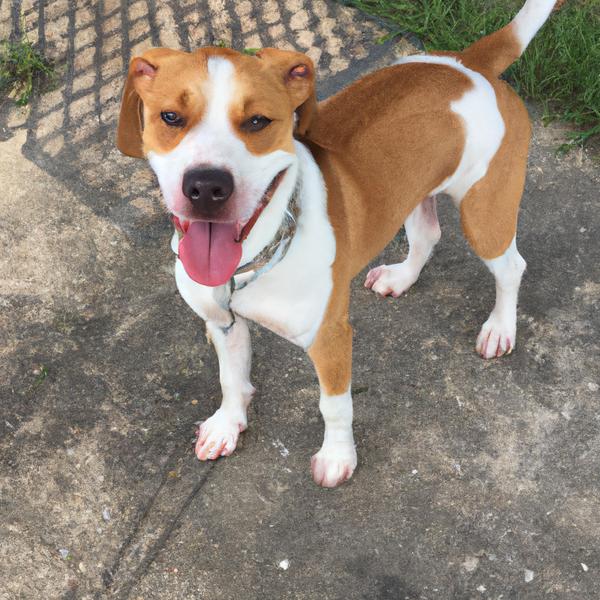
Beagle Pit
Olde English Bulldogge vs Beagle Pit
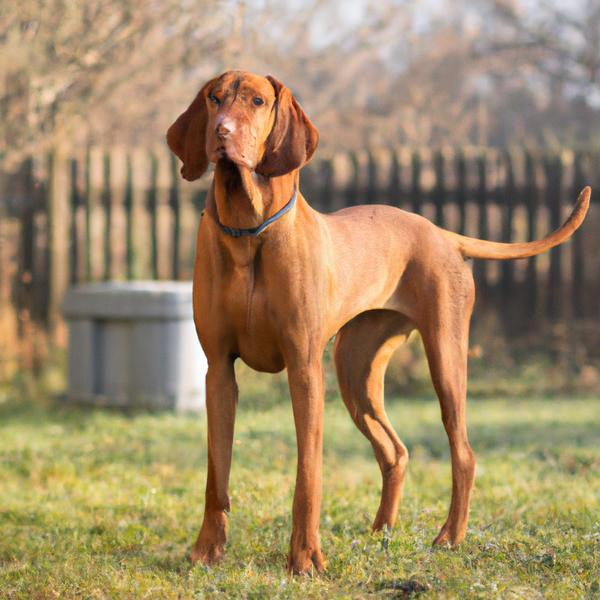
Transylvizsla Hound
Olde English Bulldogge vs Transylvizsla Hound
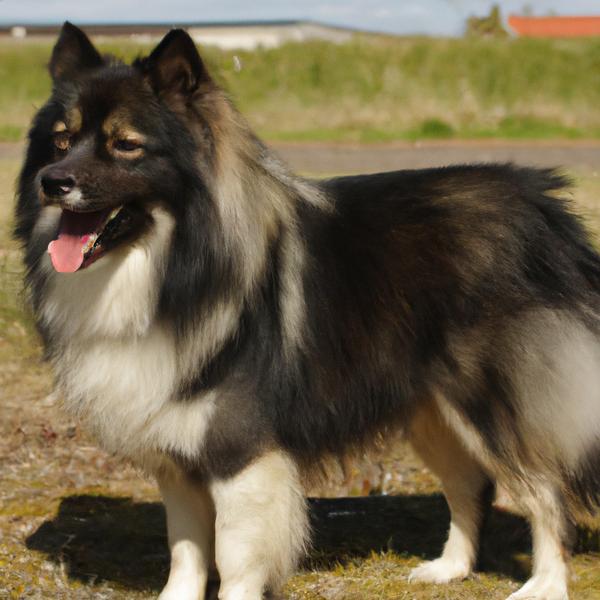
Eskland
Olde English Bulldogge vs Eskland

Siberian Shiba
Olde English Bulldogge vs Siberian Shiba
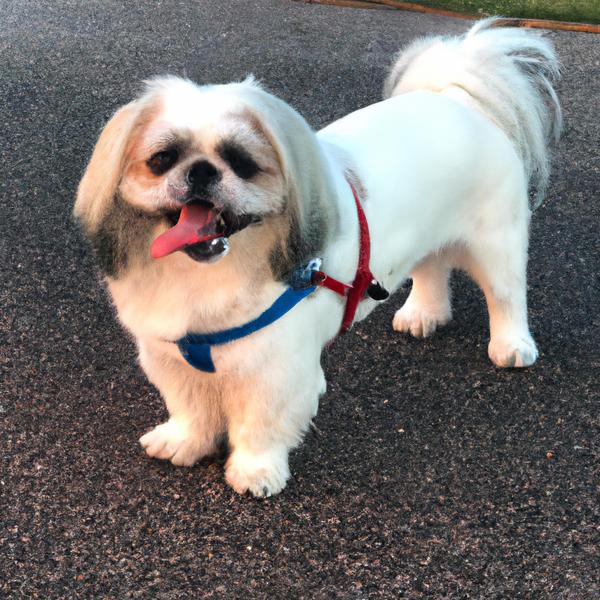
Silkytie
Olde English Bulldogge vs Silkytie
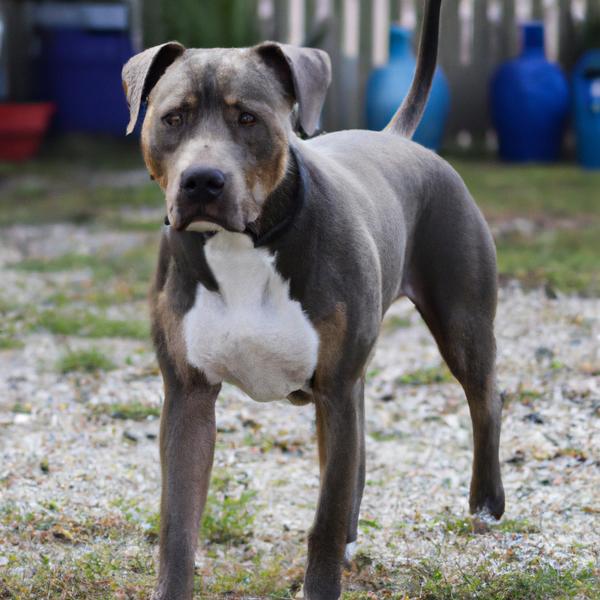
Greybull Pit
Olde English Bulldogge vs Greybull Pit
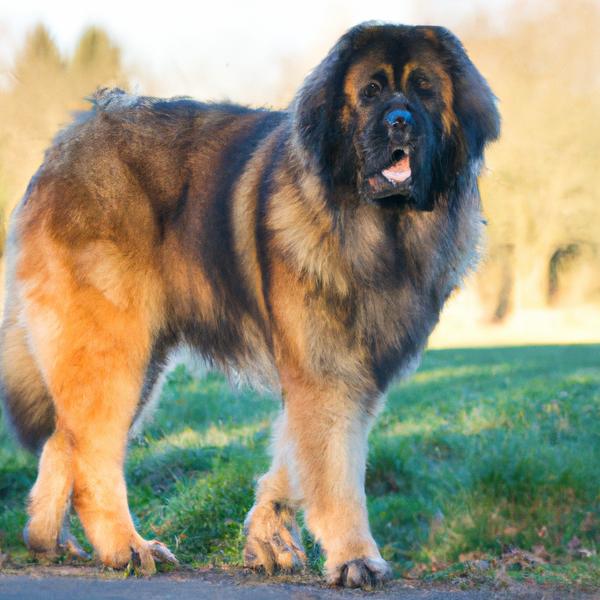
Leonberger
Olde English Bulldogge vs Leonberger
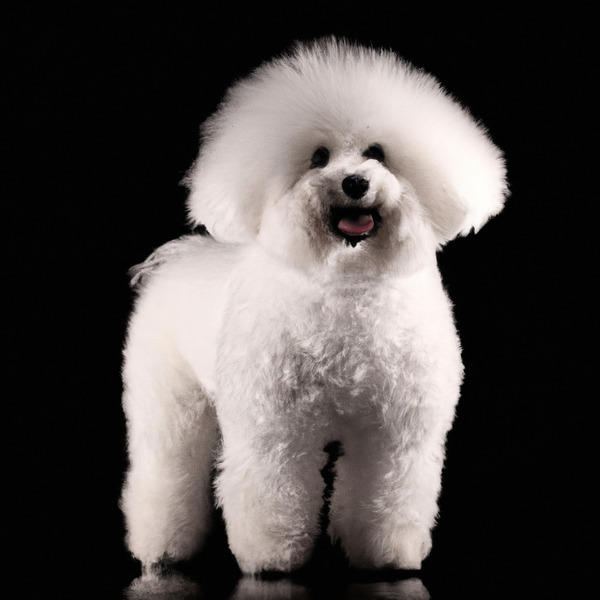
Bolognese
Olde English Bulldogge vs Bolognese
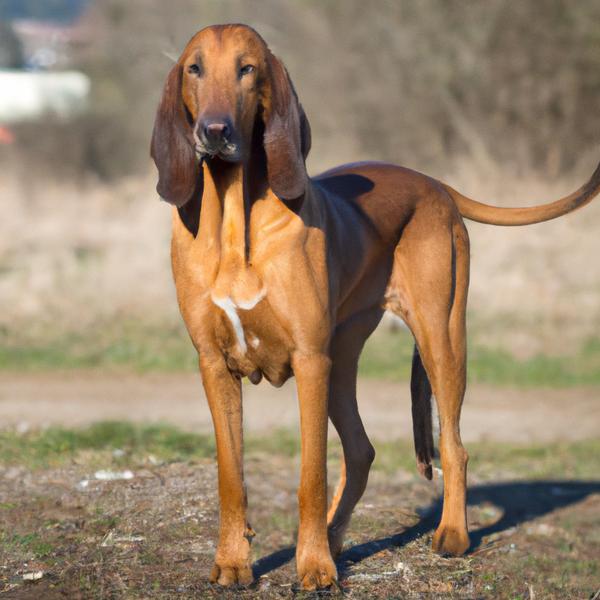
Labloodhound
Olde English Bulldogge vs Labloodhound
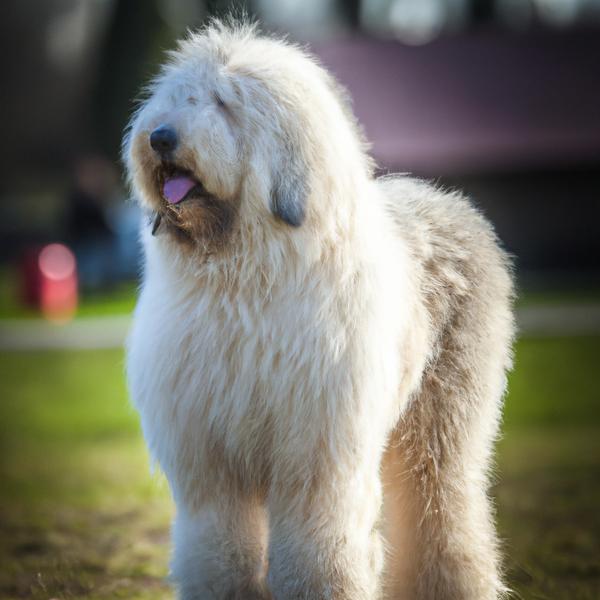
Komondor
Olde English Bulldogge vs Komondor
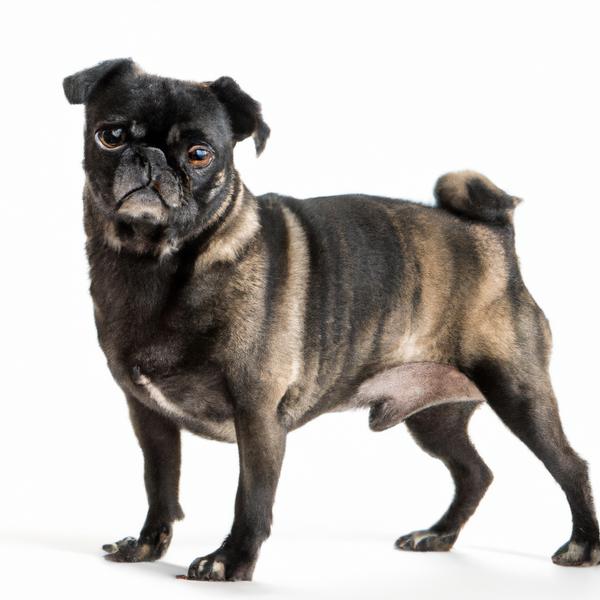
Pugillon
Olde English Bulldogge vs Pugillon
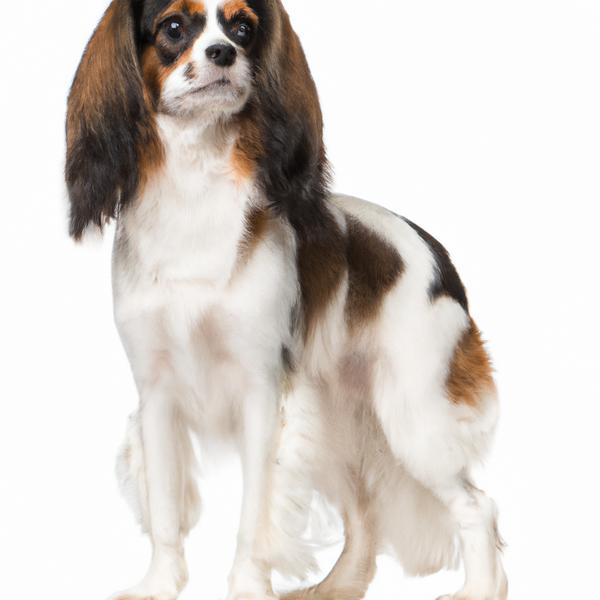
English Toy Spaniel
Olde English Bulldogge vs English Toy Spaniel
